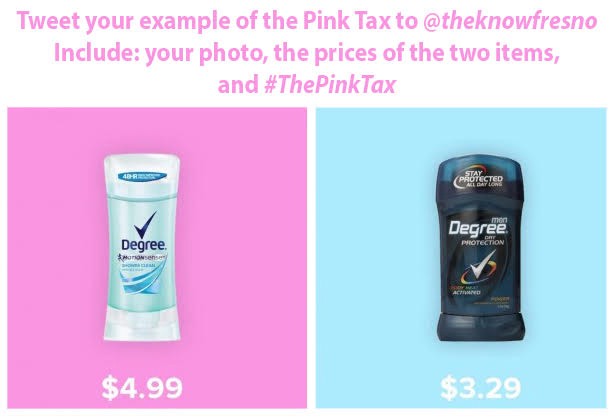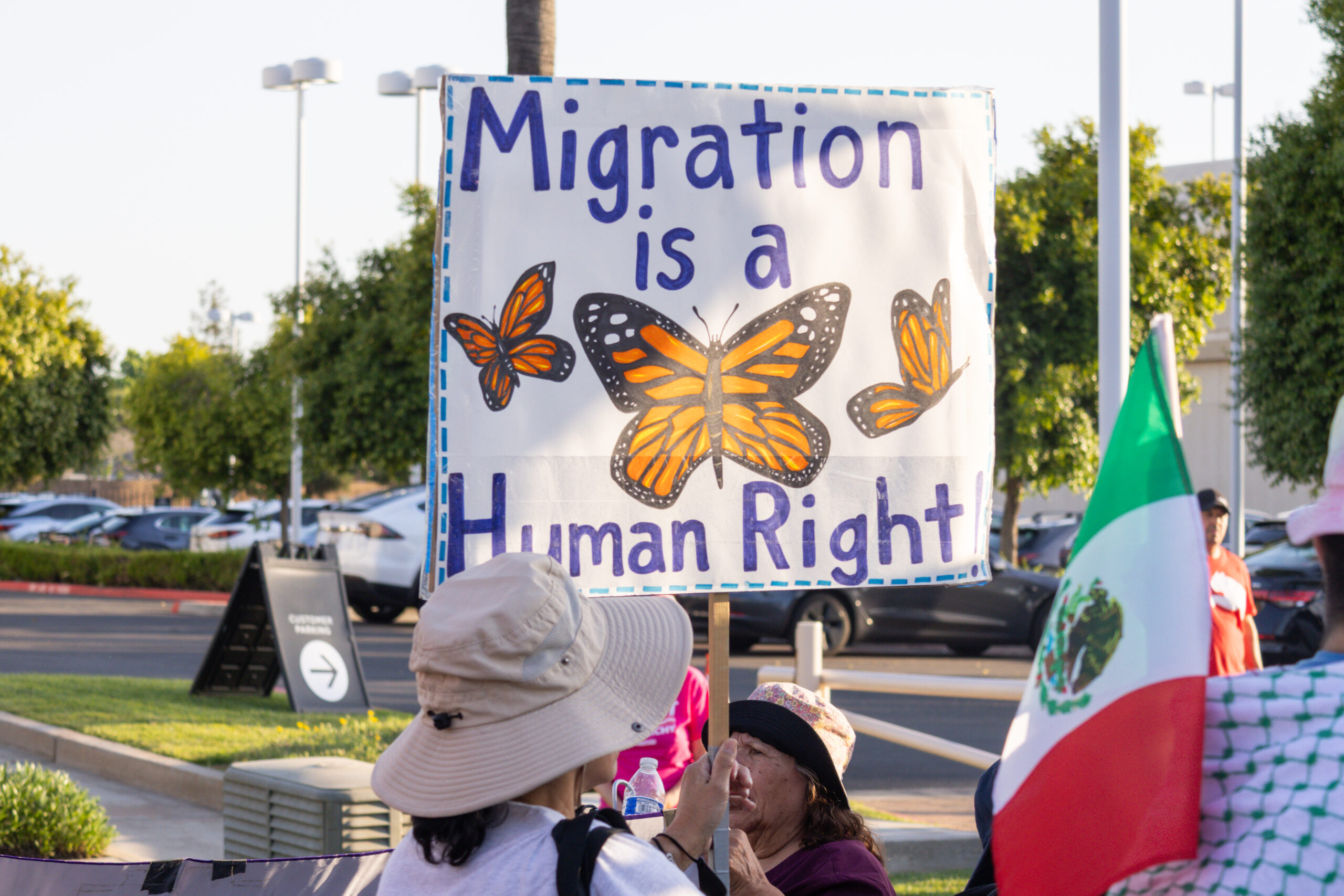
In all the talk about the wage gap between men and women, there’s another gender disparity that has slipped past us all for years: the Pink Tax.
The Pink Tax, also known as the “Woman Tax,” is the increased cost for products marketed towards women than for products marketed towards men. Walk down any grocery or drugstore hygiene aisle and you’ll see evidence of this. The products marketed to women are covered in pink, with extra adjectives and fragrances, and cost more than their identical male counterparts. In fact, a 2010 consumer report found that the items marketed towards women cost up to 50 percent more than the products for men.
These products, which have identical ingredients, only have one real difference. Their packaging colors; and because of that difference women end up paying more. Like at Target, where a five pack of “women’s” razors with 5 blades and pink handles costs $10.99 and a five pack of blue “men’s” razors, with only 3 blades, costs $4.99.
With women earning only 77 cents to the dollar compared to men (and women of color earning even less), these additions can really add up. In fact, women end up paying nearly $1400 more every year for these very basic hygiene products.
And this doesn’t even take into account all the others extraneous costs women face. Women are also charged more for services like dry cleaning (because the inferior and thinner fabric of women’s clothing is somehow harder on their machines than the thick fabric of men’s clothes?) and auto repair (because no woman knows anything about cars, right?). And then there’s the mother of all unfair costs vagina-having citizens have to put up with: feminine hygiene products. Because nothing makes the process of menstruation better than having to spend $3000 on tampons throughout your life. To add insult to injury, these products are all priced and taxed as luxury items instead of the necessities that they are. In the world we live in, Viagra is covered by health insurance but tampons are a luxury.
So where does that leave women? Paying hundreds more a month for basic things like soap, shampoo, and deodorant? And, more importantly, why has this practice been allowed to go on for so long? In 1996, California passed a gender discrimination pricing law, where businesses charging women more are subjected to a $1000 fine, but there has clearly been no real enforcement of this law.
It’s just seen as acceptable that women pay more for hygiene because there’s already such a stigma against women when it comes to shopping. It all goes back to the antiquated notion that women only exist to look pretty and are only interested in frivolous things.
As insulting as that notion is, it’s made even worse because women are then being charged for being their gender. Something that won’t stop until, collectively, women refuse to pay these unfair prices and shine a spotlight on these businesses and their ridiculous practices.
The kNOw Youth Media is highlighting the issue and asking for collaboration using the hashtag #ThePinkTax. Please tag us on Twitter and Instagram at @theknowfresno to be a part of the conversation.


